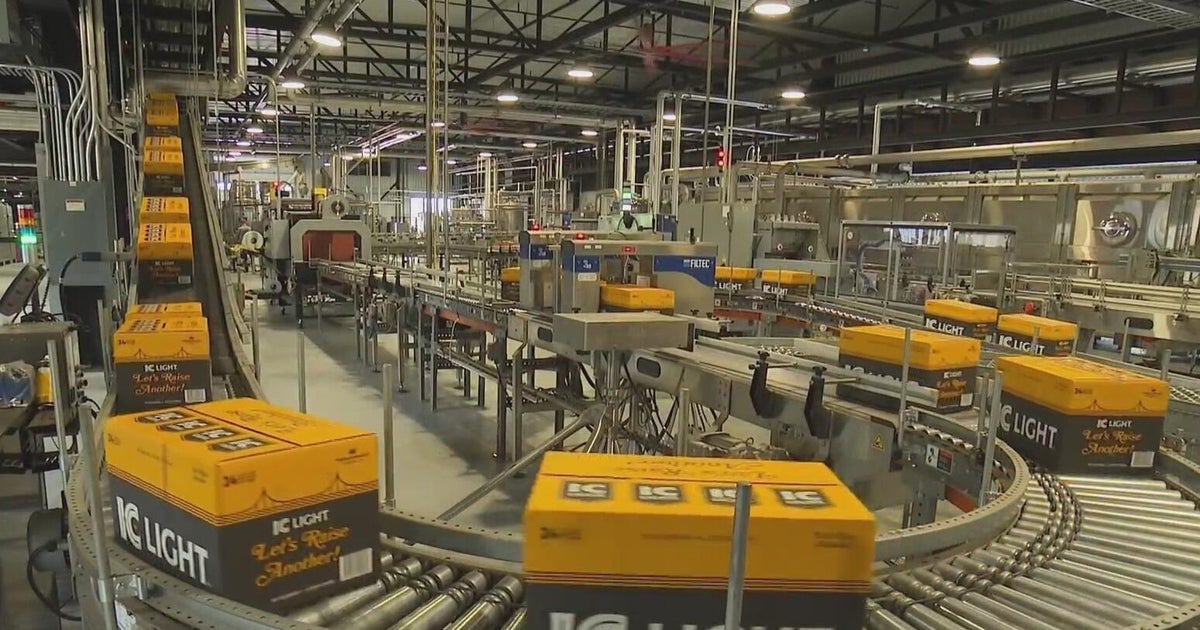Virtual Reality Headsets Causing Concern For Some Doctors
PITTSBURGH (CBS) -- Virtual reality headsets were one of the hottest gifts during the holiday season.
They clearly give users a cool new experience, but there's still a lot we don't know about the technology, especially when it comes to kids using them.
The headset completely immerses users in a new 3D virtual world.
"I felt like I was actually there," said one first-time user.
"There's no age limit to this," said another virtual reality fan.
But there actually is an age limit. Many of the top selling brands warn against kids using the device.
Oculus Rift and Samsung VR Gear say it's not for kids under 13. Sony PlayStation is recommended for kids 12 and up. And the HTC Vive is less specific, just saying it's not for young children.
"This is a big area of both interest and some concern," said Dr. Joseph Rizzo of Mass Eye and Ear.
Dr. Rizzo says the research is still out on VR.
"There's a legitimate question about whether that much exposure to artificial visual stimuli will alter the way the brain accepts and processes visual information. It's an unknown," he said.
Join The Conversation On The KDKA Facebook Page
Stay Up To Date, Follow KDKA On Twitter
The challenge for the eyes and the brain while using virtual reality is that while the image is up close to your face it manages to trick your brain into seeing depth. We don't know what that type of conflict might mean for any user.
"The immediate concerns are with the younger users because they will be prone to use them for much longer periods of time," said Dr. Rizzo.
Those concerns include what this might mean for a young, developing brains.
"You need to understand whether the brain is changing in some permanent way," Dr. Rizzo said.
There's also a possible increased risk of becoming near-sighted. So what's Dr. Rizzo's advice to parents?
"You should encourage judicious use of these devices. Perhaps with time periods limited to 30 minutes or so," he says.
The question remains if the research will catch up with the technology.
"Well, there's a lot of research that needs to be done. And it should be done quickly. The devices are available and there is going to be an explosion in their availability and use in the next years. It's happening," he said.



